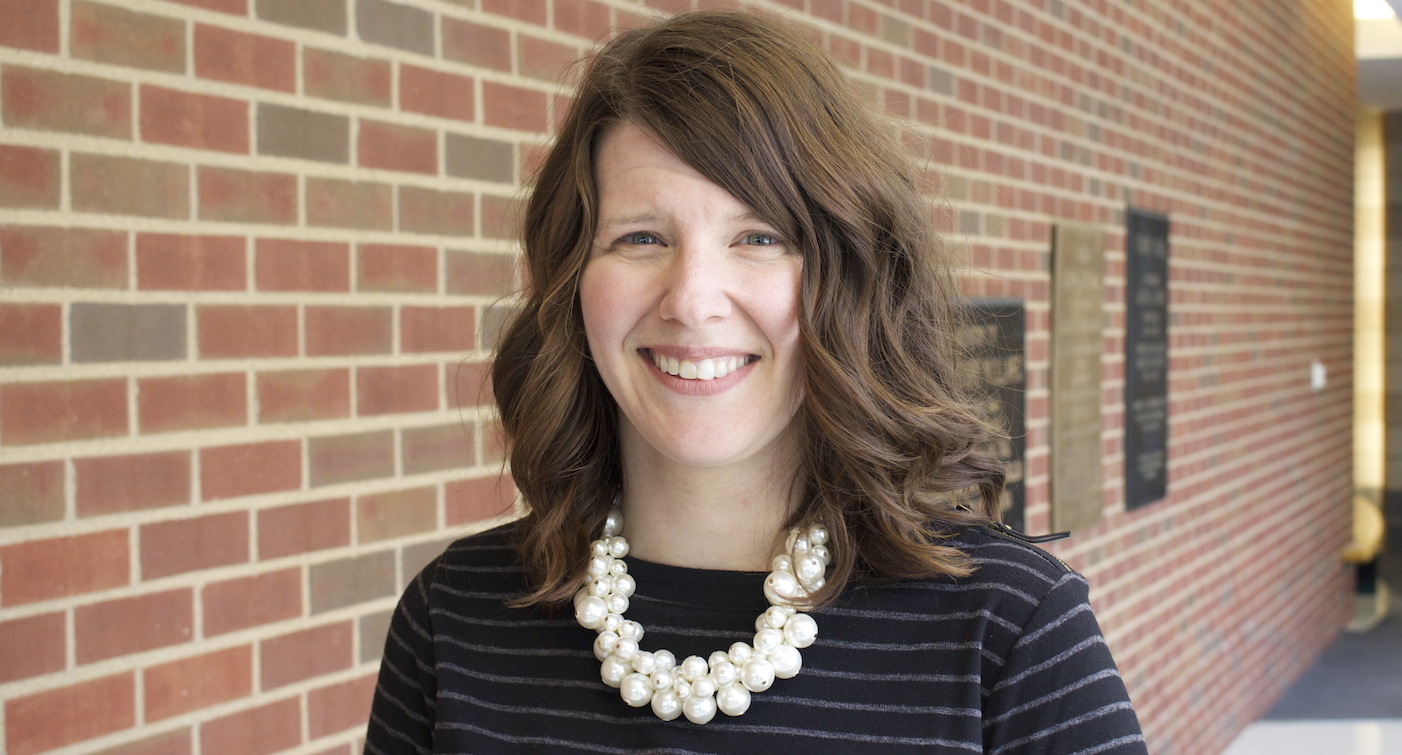
“As an educator, it’s my role to create an environment in which each student has the opportunity to be successful by looking at all the ways the environment doesn’t work for an individual.”
The Disability Resource Center recently announced recipients of the 2015 Access Achievement Awards, which recognize University faculty and staff who make exceptional efforts to increase accessibility in their classes, programs and services. Nikki Letawsky Shultz, assistant dean for student affairs and international programs, was one of nine to receive the distinction.
U of M American Sign Language interpreters Cheryl Fielitz and Jenee Petri and CBS undergraduate Amanda Jo Temple nominated Letawsky Shultz. They cited her efforts to make a study abroad experience in Ireland focusing on innovation more accessible by working with the interpreters and on-site staff to make activities inclusive.
“While visiting one of the historic sites we toured, the group was ushered immediately into a theater,” says Fielitz. “An introductory film began playing that was chock-full of foreign names, dates, complex historical concepts, non-captioned and in a completely dark room. Your basic interpreter nightmare. As we scrambled to provide access, one of us started interpreting while the other shone their phone flashlight so the student could see our signs. It wasn’t going well. As the movie progressed, Nikki approached the student with a paper in her hand. Without prompting, she had approached the front desk to ask if the movie was captioned, and when learning it wasn’t, got a copy of the transcript to give to the student. THAT is the behavior of someone who ‘gets it.’”
As part of the program, Letawsky Shultz incorporated a visit to Deaf Village Ireland, a unique inclusive community and educational complex in Dublin that tied in with the innovation and creativity themes of the course. She also required students to caption their final projects.
Ultimately, Letawsky Shultz says she has a much greater awareness and some skills for making her classroom accessible to all students, but that it requires planning. “As an educator, it’s my role to create an environment in which each student has the opportunity to be successful by looking at all the ways the environment doesn’t work for an individual,” she says, “and to consider how a universal design approach could address those barriers and make a better experience for all.”
- Stephanie Xenos / October 2015